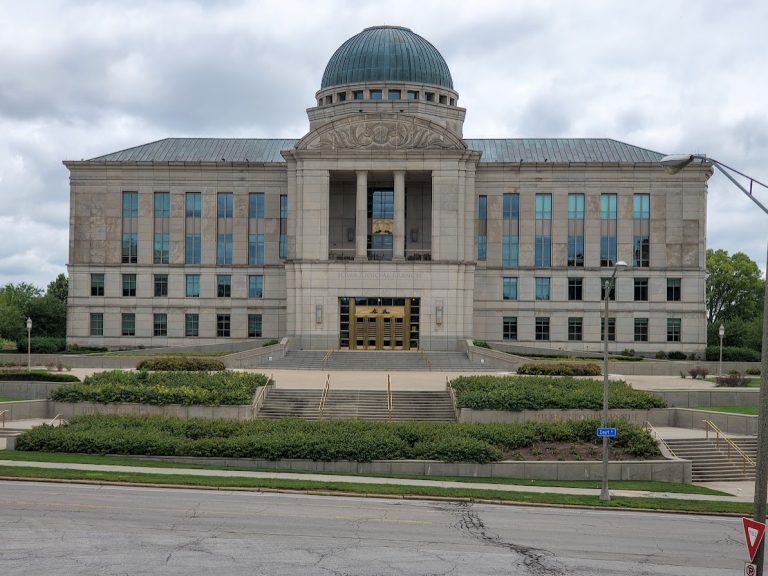Des Moines, Iowa — The Iowa House has passed a wide ranging bill that would escalate penalties for protests that damage property and provide police with new protections from liability from lawsuits.
Fifty-five Republicans and eight Democrats voted for the package. Republican Representative Jarad Klein of Keota says the bill is a response to protests that created unsafe situations in Iowa and other parts of the country over the past year.
(as said) “We know our law enforcement officers are some of the bravest men and women in our state,” Klein said. “They sign up to risk their lives to keep us safe. It is our job as Iowa legislators to minimize that risk as much as possible.”
Two Republicans and 28 Democrats opposed the bill, which does not include the anti-racial profiling proposal from Republican Governor Kim Reynolds. Representative Ako Abdul-Samad a Democrat from Des Moines, suggests the bill is tone deaf to what is fueling racial justice protests.
(as said) “When are we going to start talking instead of just putting bills out there? And I do support police officers,” Abdul-Samad said, “…but I also support the communities that are in pain and have suffered.”
Representative Mary Wolfe, a Democrat from Clinton, says the bill makes damage of any publicly-owned property a felony and jumps up the penalties for protestors that block sidewalks or yell rude and annoying things at police.
(as said) “I can’t vote yes on a bill that targets a specific population of Iowans and in my opinion for no other reason than to teach them a lesson, send them a message,” Wolfe said, “which is basically sit down and shut up.”
Klein says his constituents were pretty unhappy graffiti was painted on the Children’s Hospital in Iowa City during protests last June.
(as said) “Protests are fine. Protests are great as long as they’re peaceful,” Klein says. “But when they start going down destructive paths and they start assaulting and going after people and spitting on law enforcement and going after them the way I’ve seen, that is now a violent protest.”
Several other proposals were folded into the bill. It would make it a crime to use a laser to try to blind police. Police, prosecutors and judges could enter a program that makes their home addresses confidential if the bill becomes law. The Senate has approved parts of the bill already, but must review and pass the entire package before it would go to the governor.












